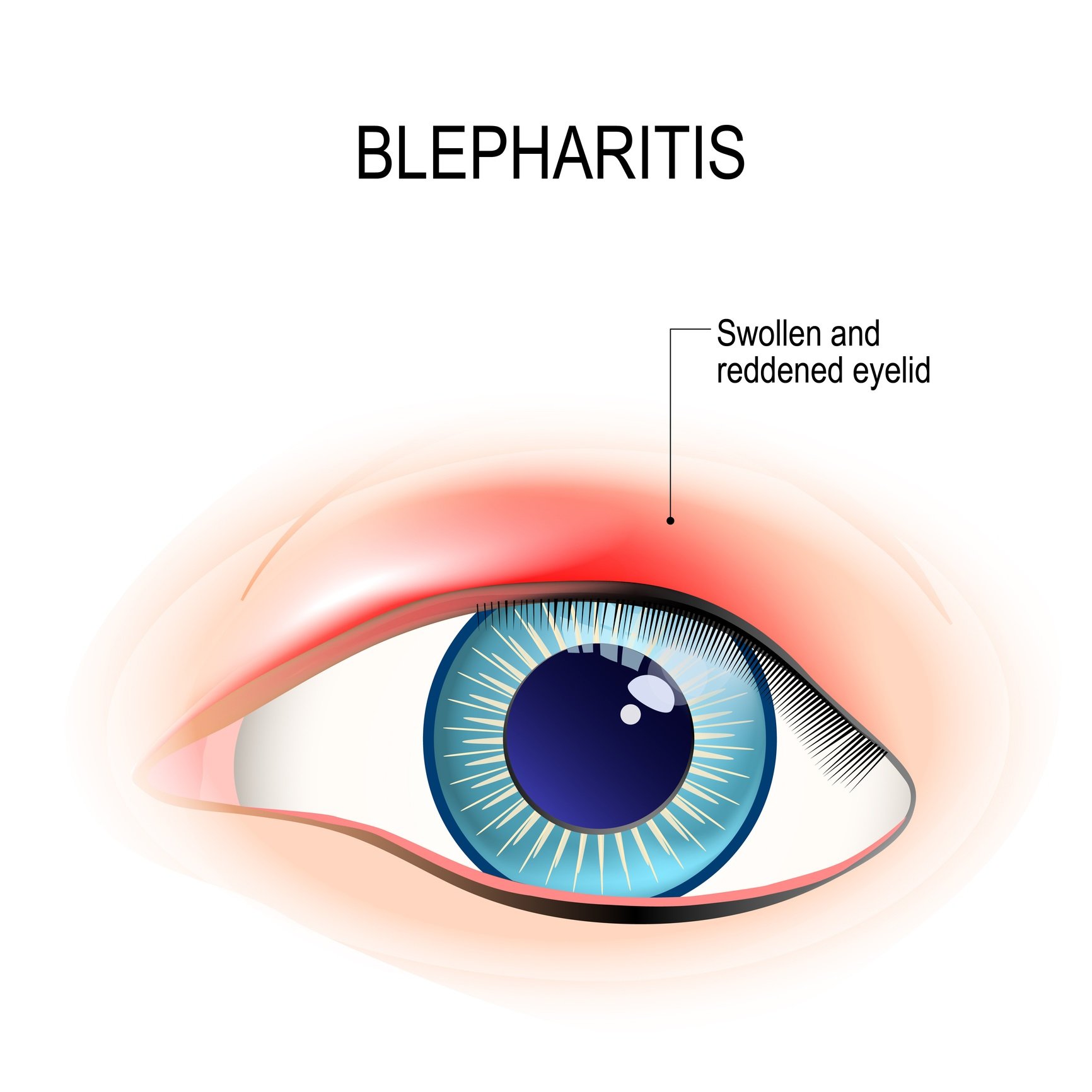The school year has begun and road travel increases. This can be a dangerous time of year, especially for children.
Many children rely on walking, riding a bicycle, or taking a bus to and from school. Fewer daylight hours can make it harder for motorists to see these young students. Take advantage of the following tips to strengthen your traffic safety knowledge:
Car:
- All passengers should wear a seat belt.
- All children should ride in an age- and size-appropriate car safety seat or booster seat. until the vehicle’s seat belt fits properly (usually when the child reaches about 4′ 9” and is between eight to 12 years of age).
School Bus:
- Children should always board and exit the bus at locations that provide safe access to the curb or to the school building.
- Remind your child to wait for the bus to stop before approaching it from the curb.
- Make sure your child walks where they can see the bus driver (which means the driver will be able to see them too).
- Remind your child to look both ways to see that no other traffic is coming before crossing the street.
Walking:
- Make sure your child’s walk to school follows a safe route with trained crossing guards at every intersection.
- If your children are young or are walking to a new school, walk with them the first week or until you are sure they know the route and can do it safely.
- Bright-colored clothing will make your child more visible to drivers.
Bike:
- Always wear a bicycle helmet, no matter how short or long the ride.
- Ride on the right, in the same direction as auto traffic.
- Respect traffic lights and stop signs.
Following these simple rules can help to prevent accidents and will keep you and children safe.
All content of this newsletter is intended for general information purposes only and is not intended or implied to be a substitute for professional medical advice, diagnosis or treatment. Please consult a medical professional before adopting any of the suggestions on this page. You must never disregard professional medical advice or delay seeking medical treatment based upon any content of this newsletter. PROMPTLY CONSULT YOUR PHYSICIAN OR CALL 911 IF YOU BELIEVE YOU HAVE A MEDICAL EMERGENCY.







